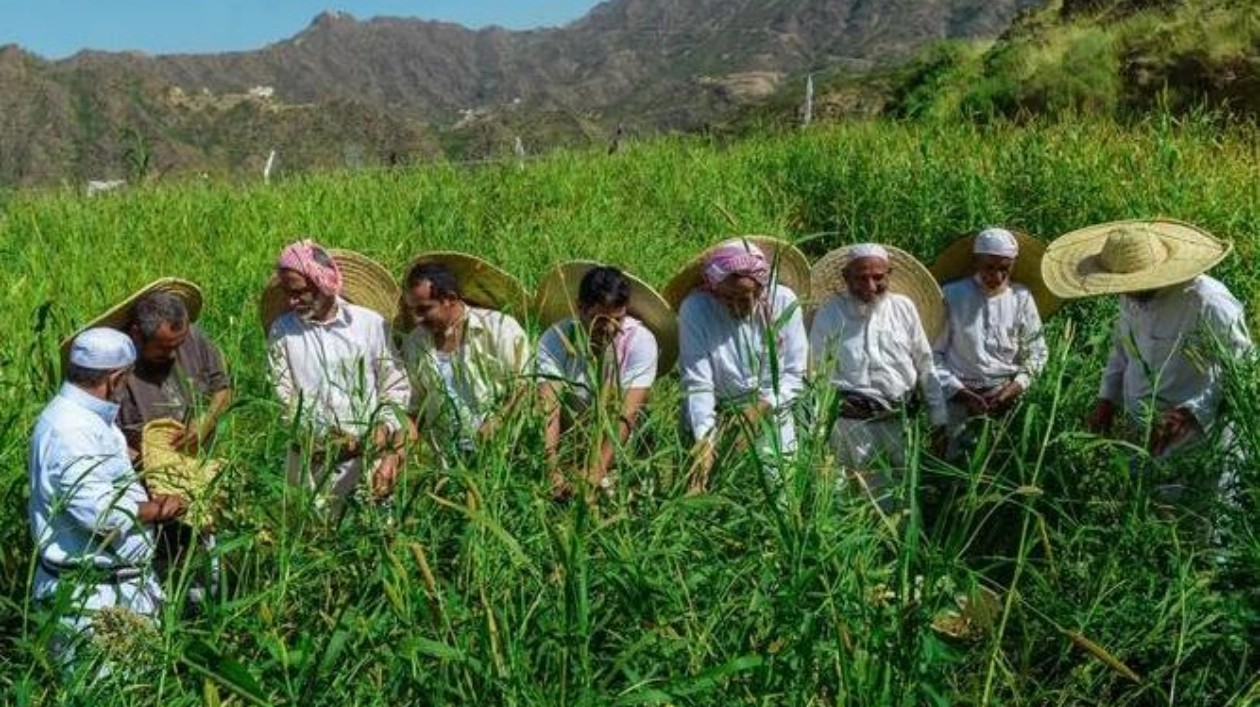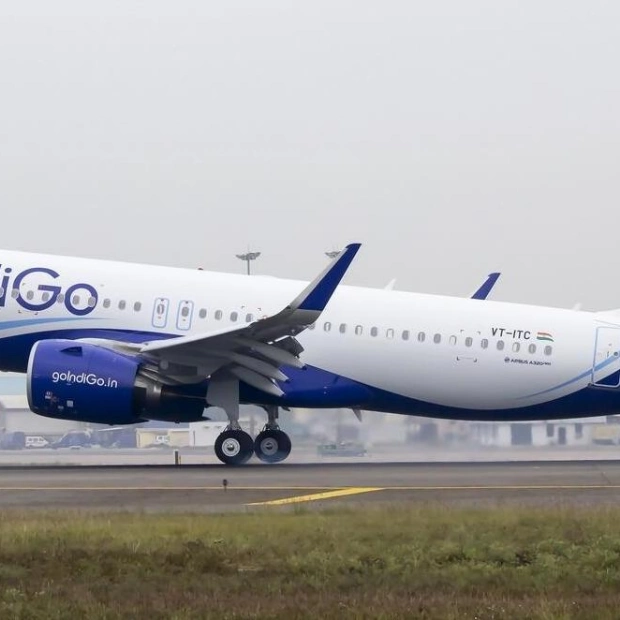JEDDAH: The Saudi state-owned National Co. for Agricultural Services has issued 9,683 agricultural licenses during the third quarter of the year to bolster food security and increase local production, according to the CEO.
Omar Al-Suhaibani emphasized that the licensing period extended from the start of July to the end of September.
AgriServ, as the company is known, is committed to supporting farmers, breeders, and commercial entities within the agricultural sector.
The Kingdom has developed a strategic plan for its agricultural sector, focusing on assessing performance and setting objectives across five core areas: sustainability of natural resources, food security, societal benefits for farmers, economic contributions, and preventive measures.
Despite its arid climate and water scarcity, Saudi Arabia prioritizes national policies and strategies addressing critical issues such as food and water security, sustainable agricultural growth, and ecological balance.
These initiatives underscore Saudi Arabia’s dedication to boosting agricultural output while responsibly managing its natural resources.
The CEO noted that the fish resource category received the most licenses, with 5,969, followed by the plants division, which issued 2,476.
Other categories included 677 permits for veterinary establishments, 286 for public benefit markets, and 275 for animal resources. Al-Suhaibani pointed out that beekeepers within the plant resource sector received the highest number of licenses, totaling 1,486.
In the fish resource category, seasonal fishermen were issued 1,227 temporary fishing permits, while the veterinary business category saw 324 practice licenses. The animal resource category saw 184 licenses for broiler chicken production, and there were 152 licenses for marketing service providers in public benefit markets.
AgriServ, a Saudi government-owned company established in 2018, is part of the transformation program in agricultural services.
Its mission is to deliver high-quality, sustainable agricultural services to enhance operational efficiency, improve quality and productivity, and support agricultural sector development goals.
The company executes services mandated by the Ministry of Environment, Water, and Agriculture on a sustainable commercial basis, while MEWA maintains legislative, regulatory, and supervisory responsibilities over the sector.






